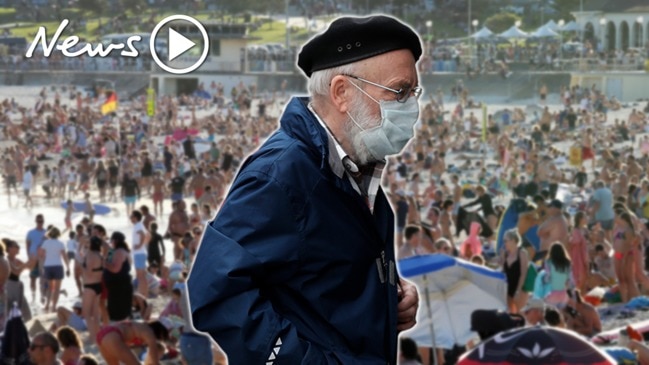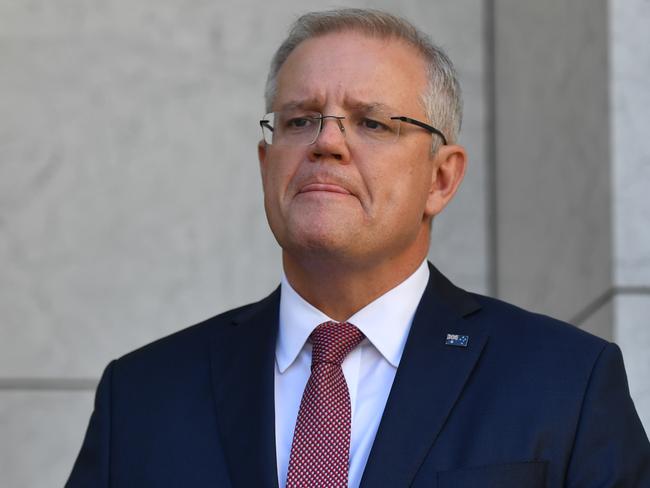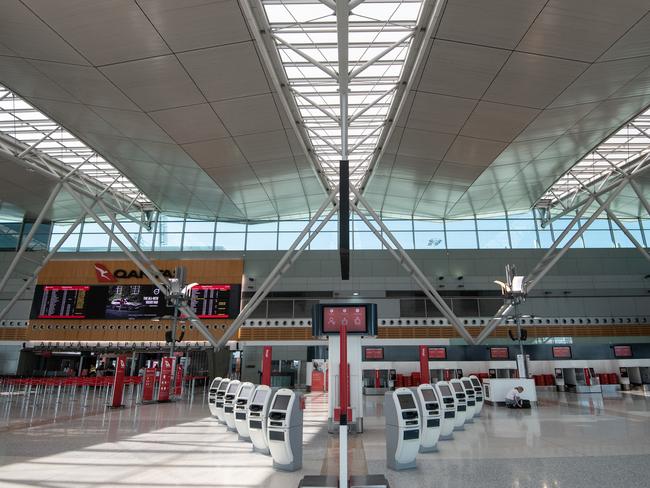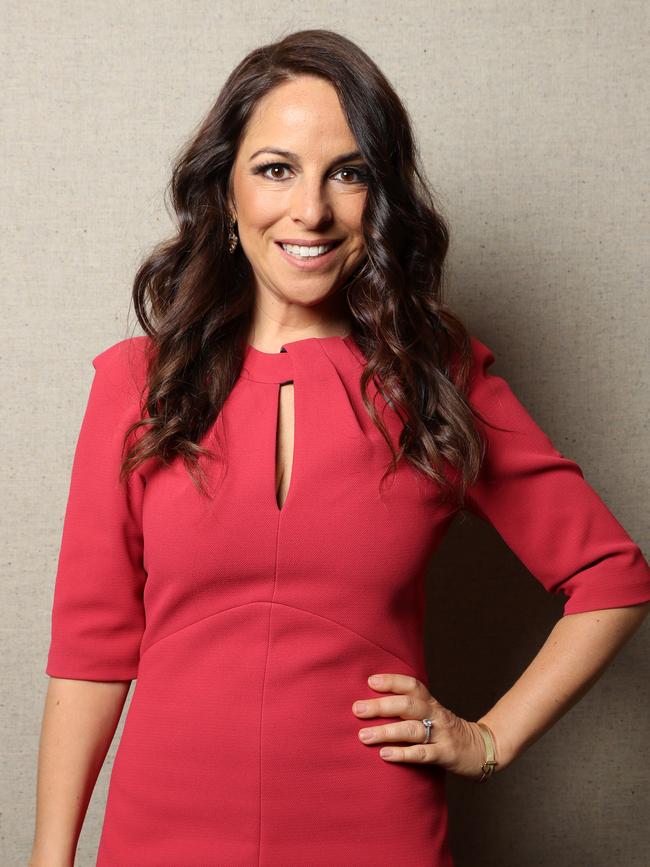Sharri Markson: Could PM have done more to slow the spread of COVID-19?
Seven weeks ago Australia was at the forefront of action to stop the spread of coronavirus when it shut our borders to China. So why did PM Scott Morrison then seem to change course and allow the virus to arrive on our shores, Sharri Markson asks.

Opinion
Don't miss out on the headlines from Opinion. Followed categories will be added to My News.
- Ambo wait times on the rise before COVID-19 outbreak
- Sharri Markson: ‘I lost 2L of blood waiting for help’
Greg Hunt was watching his son play cricket on the morning of Saturday, February 1 when Australia’s Chief Medical Officer Brendan Murphy rang him with some bold advice.
Murphy told him it was time to shut our borders to China to prevent coronavirus from reaching our shores.
Hunt immediately phoned the Prime Minister and said: “Boss, you’re not going to like this.”
They patched in Murphy and spoke about taking the unprecedented step of banning flights entirely from Australia’s largest trading partner.
At the time, it was a radical move that was strongly rebuffed by our major universities and the tourism sector.
It was also rejected by the World Health Organisation whose medical advice did not recommend travel bans and claimed China had the unfolding health crisis under control.
For two and a half hours, Hunt walked around the cricket oval making phone calls, watching the game and occasionally cheering for his son.

By 9pm that night, Australia’s borders were closed to China.
Back then — seven weeks ago — Australia was at the forefront of action to stop the spread of coronavirus.
Morrison was also ahead of the world when he declared this was a global pandemic, 10 days before the World Health Organisation did.
RELATED NEWS:
More than 20 Sydney restaurants forced to close
Aussie stocks ‘worst week’ in more than a decade
This worked extremely well and Australia did not experience the early onslaught of COVID-19 cases that many other parts of the world did.
Meanwhile, other governments around the world waited until the coronavirus pandemic infected the population, unable to be controlled, before enacting tough measures to contain the virus. So the question is, after this early world-leading stance that proved so successful, why did Morrison then seem to change course and allow the virus to arrive on our shores?
About 80 per cent of our coronavirus cases have come from overseas, mostly the United States. Now community transmission is rife. As of midnight last night, no one other than Australian citizens will be allowed entry into our country and those arriving will need to self-quarantine for a fortnight.
Alan Jones asked Morrison yesterday morning: “Do you think perhaps in hindsight you should have done that earlier?”
Morrison replied: “No, we were acting on advice on those things too, Alan. I mean, these are always balanced decisions and we’re able to slow the virus at the start as it spread in Australia though these early periods.”

By balanced decisions, he was referring to the impact on the economy amid the early uproar about the flow-on effect of the ban.
But imagine if Morrison had introduced these laws a month ago.
There would likely be far fewer cases in Australia – rather than the 700 nationally that is now increasing at a disturbing rate.
In terms of economic impact, yes, the aviation, tourism industries and education sectors would have been savaged — as they have been now
— but much of our local economy would still be operational.
It’s not just Alan Jones wondering why travel bans weren’t introduced sooner. It’s a key point of criticism of how the Morrison government handled this virus.
Former Australian Medical Association President Dr Kerryn Phelps said when it was clear cases were coming in from the US and Europe, we should have closed our borders.
“We missed the big opportunity there,” she said, adding that had we delayed the introduction of coronavirus into Australia, we may have more information about which medications could treat the virus and save lives.
“The hope is that there are a number of medications that are being trialled at the moment and we’ll have a better idea about whether they are successful in the next few months with the hope of a successful vaccine down the track,” she said.
Hindsight, of course, is an easy thing but given the government was fast to act in banning flights from China, why did Morrison change course?
I asked Greg Hunt this and he said people are confusing time with disease progression. He said the decision to close the borders to international visitors and impose universal self-isolation for returned travellers came “at a dramatically earlier stage in the disease progression than other countries”.
“Australia has taken unprecedented steps at a far earlier time in the progression of the virus than almost anyone in the world,” Hunt said.
“Add in the decisions on indoor and outdoor mass gatherings and we are taking bigger steps earlier than almost any other country.”

There is also the unspoken argument that we cannot hold off this virus forever and it is better to allow it to go through our country slowly at a rate our hospital systems can cope with.
Slowing its transmission should help to reduce the death rate by ensuring people who need treatment and hospitalisation can access it.
“You can’t stop this virus but you can defeat it by slowing it down. That’s how you save lives,” Morrison said.
The Federal Government estimates 60-70 per cent of the population will get coronavirus and that it will taper off from July after a peak in June.
On the question of school closures, the advice to the Government is that once public schools close there is every chance they will not open again before the end of the year.
While the timing of the travel bans remain an area for debate, one area where the Morrison government, led by Treasurer Josh Frydenberg, has been exemplary is in its quick, innovative and strong response to help businesses and families.
The $105 billion economic injection is the biggest in our nation’s history.
Frydenberg’s move to get the banks to defer loan repayments, have repayment holidays on mortgages and to cut interest rates on business loans and fixed rate mortgages will go a long way to helping families try get through this time of uncertainty and fear.
For the latest on the coronavirus, I’ll be speaking to Greg Hunt on my Sky News program on Sunday at 6pm.
In the meantime, stay safe and keep your distance.
* Catch Sharri Markson every Sunday night at 6pm on Sky
